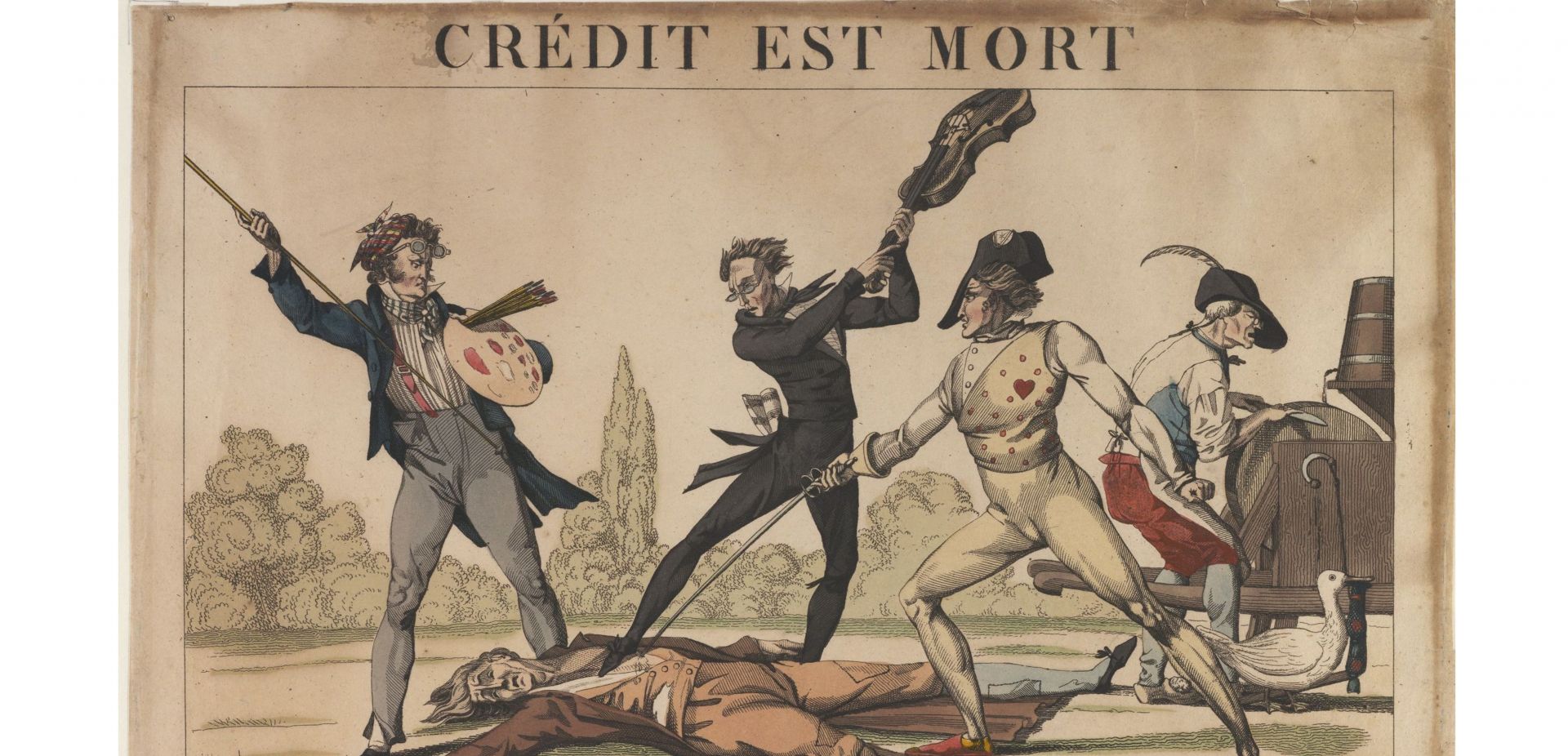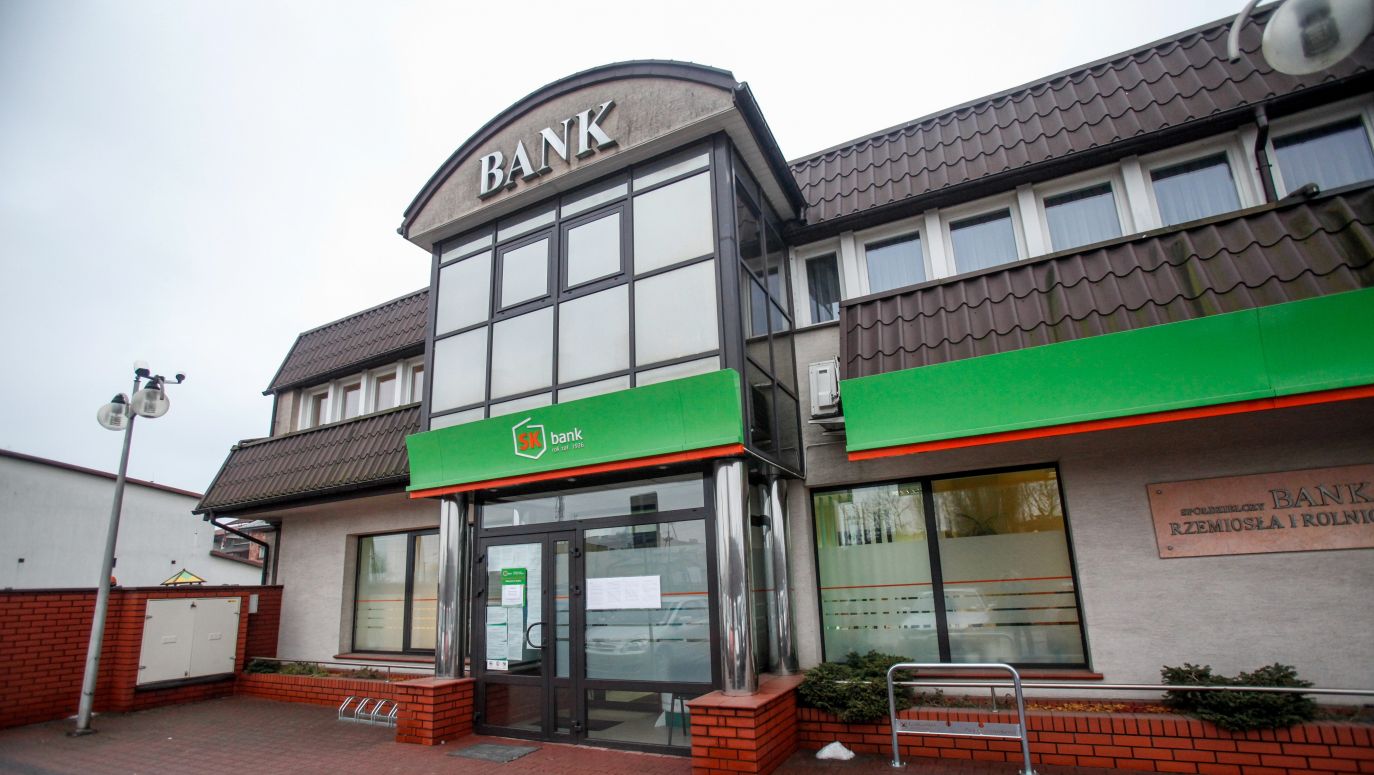TVP WEEKLY: Before we get into detail I need to ask in general: what’s a bank and how does it operate?
BŁAŻEJ PODGÓRSKI: It’s a company that is regulated by the state in a specific way for an economic safety. That’s because it deals with cash flow but it also generates money thanks to minimum deposit rate. Banks’ main cost is to raise capital. It may do so thanks to deposits which are bank accounts and investments. Another method is by borrowing this money from other banks. Finally the third is to acquire it from the central bank.
What does the bank make money on?
These are all the possible charges, additional insurances, payment cards. But the main source of profit are of course credits and trading on capital markets. From this funds it supports all its additional services like mobile applications.
Where does the overliquidity or, to put it straight, the excess of cash in our banks come from?
We shut down the economy due to COVID-19 and we implement anti-crisis shields. Only we don’t have money for them. That’s why we resort to printing extra money. The economy is unable to absorb this cash. The upcoming crises results from this very printing.
In other words, the emitted money de facto ended up in banks?
Precisely. Of course all those anti-crisis shields were directed to entrepreneurs. Only no one received these means physically. They were transferred to bank accounts, weren’t they? When an entrepreneur was paying his employees, they also did it by transferring the money to subsequent bank accounts, this time – to individual and private ones. How many people keep their savings under the mattress? The whole circulation of money is carried out by the banking system.
There is titanic amount of cash in banks. At the same time, the bank itself creates money. For the total amount of granted loans granted is much higher than the cash accumulated in the bank.
This is technically known as the minimum deposit rate. That is to say the amount a bank would have to keep in its vault if all its customers came and demanded their cash. In Poland, the required reserve ratio is 0.5%. The easiest way to show it is to use the example of PLN 1 million: When we pay PLN 1,000,000 to the first bank, the reserve for this amount will be PLN 5,000. And this is what the bank pays to the central bank. Therefore it has PLN 995,000 left. When it grants such a loan again, and its recipient pays the entire amount to another bank, that bank pays PLN 4,975 to the central bank. In this way, from PLN 1 million, the bank can grant loans for 200 million zlotys.
So, in practice, every bank creates “empty” money.
Yes, but used to stimulate economic growth.
 SIGN UP TO OUR PAGE
SIGN UP TO OUR PAGE
 Let’s assume I am the owner of a company producing screws: I have to build a production hall, I have to invest in machinery, I have to purchase raw materials for production, I have to hire employees, engineers and finally I have to produce a physical product so that someone can screw these bolts into their door. I have unimaginable costs and enormous risks at every level. I will never manage to make PLN 200 million from PLN 1 million in such a short time. Meanwhile, the bank fictitiously creates 200 zlotys from every zloty paid by a human and sells me “the air”.
Let’s assume I am the owner of a company producing screws: I have to build a production hall, I have to invest in machinery, I have to purchase raw materials for production, I have to hire employees, engineers and finally I have to produce a physical product so that someone can screw these bolts into their door. I have unimaginable costs and enormous risks at every level. I will never manage to make PLN 200 million from PLN 1 million in such a short time. Meanwhile, the bank fictitiously creates 200 zlotys from every zloty paid by a human and sells me “the air”.
Only it necessary to assume that not all borrowers will return the borrowed capital. Let’s imagine that a bank grants a loan of PLN 1 million. The Annual interest on this will amount to 60,000 zlotys. That is the bank's profit. If they grant 10 such loans, they have 600,000. PLN profit. It is enough that one of them does not pay back and the bank has 400,000. PLN loss.
But banks are masters: first in securing loans, secondly in analyzing our creditworthiness. After all, there are very few bad loans, below 1 percent.
But when you find such an insolvent client, you can’t do anything with them for a longer period time. Bailiff auctions and other forms of debt collection are extremely time-consuming. That is why companies such as Kruk are thriving on the market.

 SIGN UP TO OUR PAGE
SIGN UP TO OUR PAGE
 Let’s assume I am the owner of a company producing screws: I have to build a production hall, I have to invest in machinery, I have to purchase raw materials for production, I have to hire employees, engineers and finally I have to produce a physical product so that someone can screw these bolts into their door. I have unimaginable costs and enormous risks at every level. I will never manage to make PLN 200 million from PLN 1 million in such a short time. Meanwhile, the bank fictitiously creates 200 zlotys from every zloty paid by a human and sells me “the air”.
Let’s assume I am the owner of a company producing screws: I have to build a production hall, I have to invest in machinery, I have to purchase raw materials for production, I have to hire employees, engineers and finally I have to produce a physical product so that someone can screw these bolts into their door. I have unimaginable costs and enormous risks at every level. I will never manage to make PLN 200 million from PLN 1 million in such a short time. Meanwhile, the bank fictitiously creates 200 zlotys from every zloty paid by a human and sells me “the air”. 








